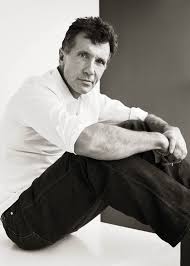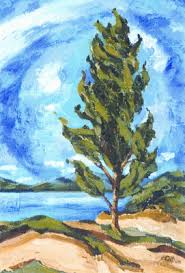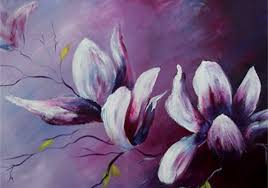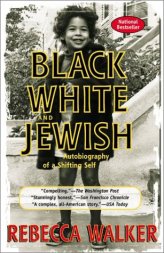Today, memoirist Hoshi Kashiwagi spoke to my
Genre: Nonfiction class about autobiography, family, secrets, and what it means to own your own story. But we can't really own our own stories can we? As I "write down my own bones" I find that every single one of them has touched or is attached deeply to someone else. While Dr. Kashiwagi talked about Japanese internment during the second World War, the useless feeling to which he succumbed while imprisoned, "no-no boys," half-owned half memories, and theatre art in a veritable jail, I thought about my mother, half siblings, our fathers, Alabama, and the Golden Gate Bridge. Can I morally tell my story when more than half of it belongs to someone else? Memoirists debate over the need to be true to their familial allegiances and there indescribable need to tell a true story, their story. Some have insurance to deal with the discrepancies, some take their chances, others have severed ties. There is no easy answer, no way to compromise desire with sometimes flimsy obligations. So I will try to write the truth. I will try not to hurt your feelings. I will try not to hurt my own feelings. But tell the truth, tell the truth.
In the spirit of autobiography, which I've been working with a lot of lately, I picked a neat prompt to motivate some writing. In a week or so I'll post my own response to the prompt. Please feel free to post your own response in a comment which I can put up if you like, or just share your experience in a comment if you decide to write something. (I found this prompt in the article "Writing the Memoir: A Practical Guide to the Craft, the Personal Challenges, the Ethical Dilemmas of Writing Your True Stories," by Judith Barrington.)
Pick a day or part of a day from your memory and assign it a color. Describe that time, returning to, and developing, the theme of color and showing the reader why you think of it as a "yellow day" or a "purple afternoon."
Remember to pick a strong memory...
Swimming in the American: A Memoir and Selected Writings
By Hoshi Kashiwagi
















 Madame Bovary
Madame Bovary Speaking Truth to Power
Speaking Truth to Power  Maya Angelou: Poems
Maya Angelou: Poems Black, White and Jewish
Black, White and Jewish  A Writer's Book of Days
A Writer's Book of Days 

